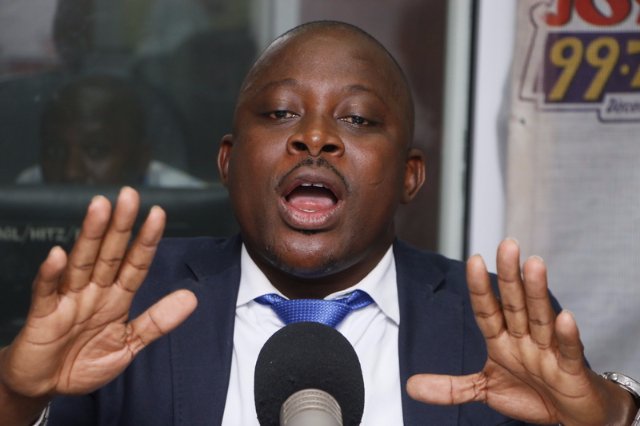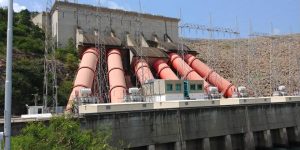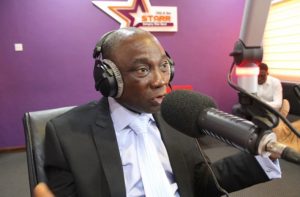A member of Parliament’s Mines and Energy Committee, Edward Bawa says the removal of the Price Stabilization and Recovery Levies (PRSL) on petrol, diesel, and LPG is insignificant.
The National Petroleum Authority (NPA) announced the removal of the PRSL in a press statement issued by the Authority’s Corporate Affairs Department last Monday, October 11, 2021.
“The National Petroleum Authority (NPA) wishes to inform the public that His Excellency the President, Nana Addo Dankwa Akufo-Addo, has granted approval to zero the Price Stabilization and Recovery Levies on petrol, diesel, and LPG for a period of two months,” a portion of the statement said.
The removal followed advice from the NPA to the Energy Minister for the government’s intervention to mitigate the impact of rising prices of petroleum products.
However, Mr. Bawa believes the suspension of the PRSL which is yet to take effect should be coupled with the scrapping of other taxes such as the Special Petroleum Levy and Energy Sector Recovery Levy to alleviate the impact of the rising prices of petroleum products on consumers.
“We felt that the price stabilization and recovery levy alone is not enough. There are opportunities to look at other areas. There is no justification for still keeping this STP unless it is the tradition of Ghanaians that as long as this tax finds its way in the tax buildup, it stays in perpetuity but if the reason for which Ghanaians were told for the introduction of this tax is anything to go by then Ghanaians should not be paying this amount. This should be scrapped in totality.”
He said it was insensitive for the government to introduce taxes at a time when cedi depreciation is high.
“At a point where you have crude oil that is so high and cedi that has depreciated, is it sensible that you introduce more taxes?”
The Special Petroleum Tax, initially 17.5%, was placed on petroleum products by the erstwhile Mahama administration in 2015.
Though the current government had criticized its introduction when it was in opposition, it only reviewed it downwards by 2.5 percent in the 2017 budget.







